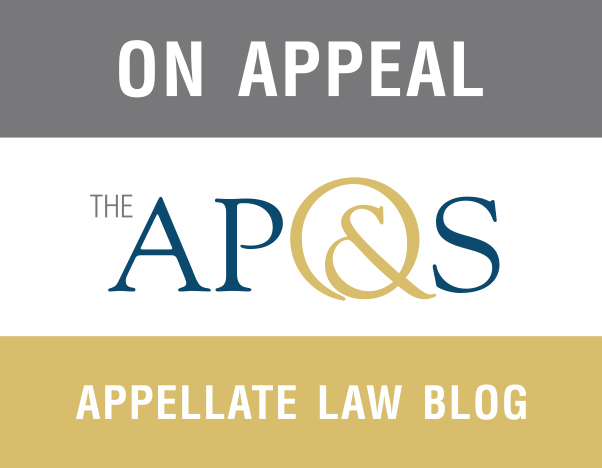In McGovern v. Bank of America, N.A., No. 2013-184-Appeal, the Rhode Island Supreme Court also reminded litigants that it had previously cautioned that unauthenticated documents are “not usually competent evidence worthy of consideration by the court in ruling on a motion for summary judgment.” Id. at 10 (quoting Superior Boiler Works, Inc. v. R.J. Sanders, Inc., 711 A.2d 628, 632 n.3 (R.I. 1998)).
The Supreme Court has taken a “flexible and pragmatic approach” to Rule 901 of the Rhode Island Rules of Evidence’s requirement that evidence be authenticated. Under that approach, “a document’s authenticity [may] be established in any number of different ways.” Id. (quoting Rhode Island Managed Eye Care, Inc. v. Blue Cross & Blue Shield of Rhode Island, 996 A.2d 684, 691 (R.I. 2010)).
When submitting evidence in connection with a motion or opposition to summary judgment, authentication can be accomplished “‘by submitting an affidavit of a person with personal knowledge of the documents who can attest to their authenticity and qualify them as admissible evidence.’” Id. at 10-11 (quoting Superior Boiler Works, Inc., 711 A.2d at 632 n.3)).



